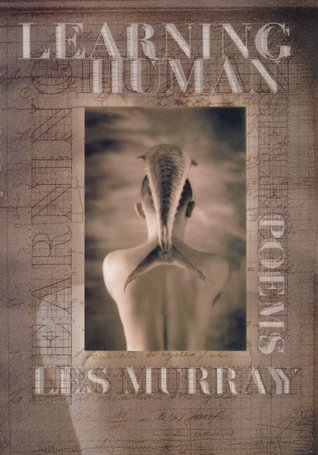What do you think?
Rate this book


240 pages, Paperback
First published January 1, 2000
over the tramline, past the church, on pastThat word, "disciples," it sticks with you, you can't ignore that these children will become the eighteen year old fodder for the world's eternal attraction to disaster.
the last lit windows, and then out of the world
with its disciples.
all day in calendared kitchens, women listenNothing except their lives of slowing hope and almost imperceptible deaths.
for cars on the road
children lost in the bush,
a cry from the mill, a footstep—
nothing happens.
There's a fellow crying in Martin Place. They can't stop him.Has he lost his mind? Does he need help or a good kick? Or is he a momentary touchstone for all humanity?
All me are standing on feed. The sky is shining.Obviously, he does not pretend to be a cow in all poems, but the vast majority contain this sort of simple lyricism that at times is indistinguishable from prose. His free verse is, at least in my opinion, more lyrical and powerful than the pieces with heavy rhyme or meter, but those are typically decent as well. My one complaint is that, as an American, I found the frequent references to specific Australian locations and cultural phenomena, as well as the use of Australian colloquialisms and slang (as in "The Dream of Wearing Shorts Always") to be confusing and opaque. This is not Murray's fault, but rather mine for being an American unfamiliar with Australia. All in all, recommended, if a bit slower than many collections of poetry for non-Australian readers.
All me have just been milked. Teats all tingling still
from that dry toothless sucking by the chilly mouths
that gasp loudly in in in, and never breathe out.